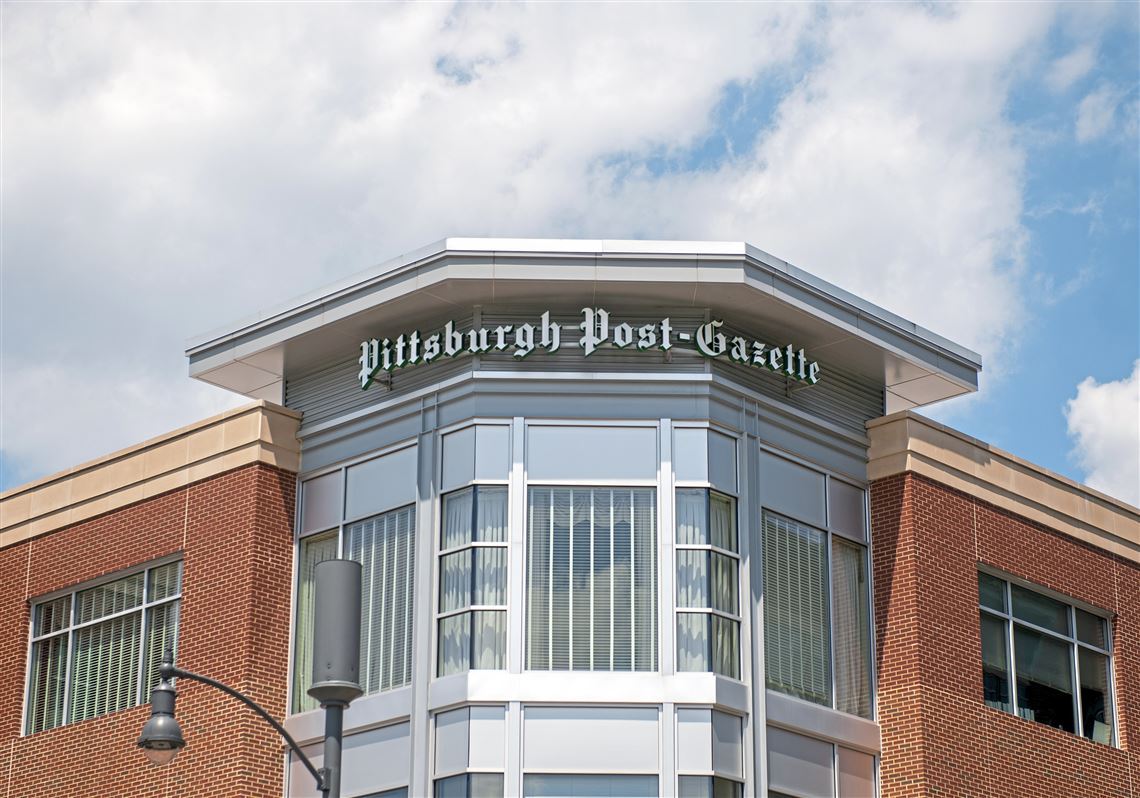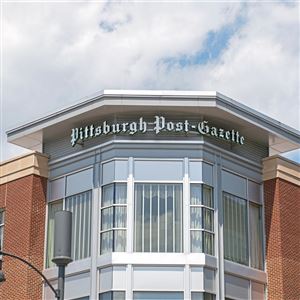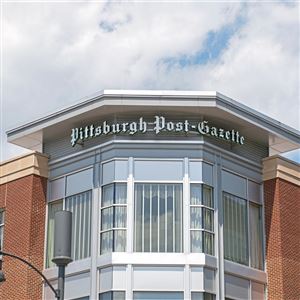An administrative law judge for the National Labor Relations Board in Washington, D.C., on Thursday found that Pittsburgh Post-Gazette management had bargained in bad faith since 2019 with the union representing newsroom employees.
As a remedy, the Post-Gazette was ordered to cease and desist from illegal activities and resume contract talks within 15 days, with written progress reports by management to be made to the Pittsburgh office of the NLRB every month.
The company indicated it plans to appeal the decision.
The case that Administrative Law Judge Geoffrey Carter ruled on was originally filed in September 2019 and later amended after the company declared an impasse in negotiations with the Pittsburgh Newspaper Guild, which is part of the Communications Workers of America, in 2020.
The company made what it called its last, best contract offer in June 2020, saying contract talks had reached an impasse. The NLRB judge ruled that calling an impasse was premature.
In his ruling Thursday, the judge ordered that the last contract between the two parties — a collective bargaining agreement that expired in March 2017 — be put into effect until the two parties “have bargained to agreement or a valid impasse, or the union has agreed to changes.” He also ordered the company to “make its employees whole for any loss of earnings and other benefits that resulted from its unlawful unilateral changes.”
The Post-Gazette violated labor law by engaging in “overall bad faith bargaining by presenting contract proposals that, when considered as a whole, evidence an intent not to reach agreement, failing to explain its proposals to the union and prematurely declaring an impasse,” the judge wrote. “An inference of bad faith is appropriate when the employer’s proposals, taken as a whole, would leave the union and the employees it represents with substantially fewer rights than provided by law without a contract.”
In addition to bargaining in bad faith, the NLRB judge found that security guards watching the home of Post-Gazette publisher John Robinson Block on two days in October 2020 seemed to be photographing demonstrators, creating the impression they were under surveillance by the company, which also violated the Labor Relations Act.
The judge denied a union request to order the company to cover its negotiating costs and expenses, saying the company did not engage in “unusually aggravated misconduct.”
Guild president Zack Tanner declined comment late Thursday.
A Post-Gazette spokeswoman issued a statement saying, “We strongly disagree with the administrative law judge's decision and will appeal the decision to the NLRB in Washington and, if necessary, to the Court of Appeals."
The NLRB case precedes a strike at the newspaper that began in October.
A group of newsroom employees, represented by the Pittsburgh Newspaper Guild and the Communications Workers of America union, walked off the job Oct. 18 after members of four other Post-Gazette unions had walked out several days earlier in protest of a new, more expensive health care plan meant to pare the company’s operating costs. Management had implemented the high-deductible health insurance plan earlier for newsroom employees.
In October 2022, the CWA ordered the Guild to go on strike or face dissolution by the larger union.
As of Monday, about 44 members of the Pittsburgh Newspaper Guild, the largest of the five unions on strike, were on the picket line, according to a count by nonstrikers. More than 50 employees were continuing to work while eight others had retired or quit since the work stoppage began three months ago.
The Post-Gazette strike is the longest in the U.S. this year. Other newspaper walkouts have occurred in Texas and New York, but they’ve been settled.
Kris B. Mamula: kmamula@post-gazette.com
First Published: January 27, 2023, 3:02 a.m.
























